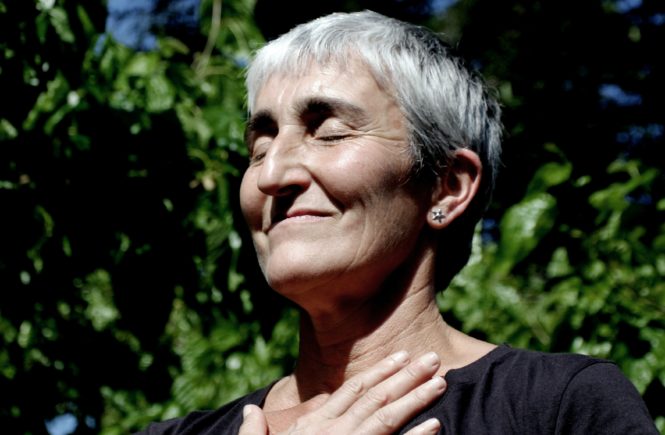Meditation is an accessible and effective tool to improve your mental health, as well as other aspects of your health. There are many different reasons people practice meditation, such as decreasing anxiety, accessing inner peace, improving their focus, as a part of a spiritual practice, and even to improve their physical health.
Some of the health issues meditation can address are high blood pressure, ulcerative colitis, irritable bowel syndrome, smoking, pain, anxiety, depression and insomnia.1 Some studies even indicate that meditation could slow and potentially reverse mental declines related to aging.2 There are different types of meditation, and in this post I will explore some popular styles that will be a great addition to your self-care routine.
Explore meditation and mindfulness practices through Online Counseling in New Jersey
As a mental health professional, I often recommend meditation to clients because it’s a powerful self-care practice and in an invaluable tool to help increase self-awareness. Contact me to learn more about working together through online counseling in New Jersey.
A look at some popular meditation styles…
The styles I am exploring below are all easily searchable online – you can find guided versions for free on YouTube, or you can explore meditation apps that offer a variety of guided meditations.
1. Body scan meditation. This is a great practice to help you increase awareness of your body and to release tension you may be carrying with you. When doing a body scan meditation, you will be guided to focus on different areas of your body progressing from your feet to your head. With regular practice, you may feel more grounded and in tune with your bodily sensations.
2. Loving kindness meditation. This meditation can be very helpful if you are looking to improve your relationship with yourself and others. While practicing loving kindness meditation, you practice sending positive intentions toward yourself and others. While this sounds simple, you may be surprised to notice some resistance when beginning this practice. Over time, the act of sending loving intentions to yourself and others becomes more natural during the meditation as well as your day to day life.
3. Mindfulness meditation. Practicing mindfulness means to bring your awareness to the present moment, observing what’s happening in and around you in a nonjudgmental way. When engaging in mindfulness meditation, there are different approaches, and in some guided mindfulness meditations you will be focusing on your breath while observing your thoughts. When you get distracted by your thoughts, you return your attention to your breath (focusing on your breath helps you stay in the present moment). In addition to many other benefits, mindfulness meditation can help us be more aware of when we are focusing too much on the past or future, which negatively impacts our mental health and causes us to miss out on what’s happening in the here and now.
Sarah Tronco, LCSW, provides online counseling in New Jersey and works to develop a strong therapeutic relationship with her clients, which helps to create a secure place where individuals can achieve meaningful change.
References:
1. https://www.nccih.nih.gov/health/meditation-in-depth
2. https://www.asaging.org/blog/can-meditation-slow-aging-process
3. Photo by Xevi Casanovas on Unsplash



